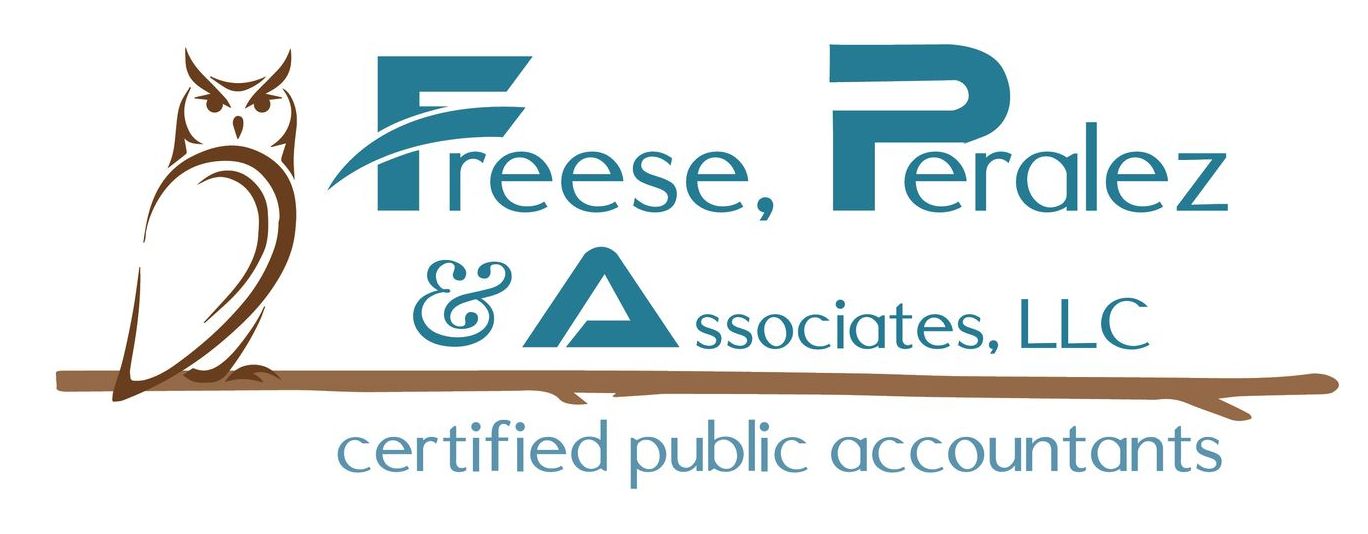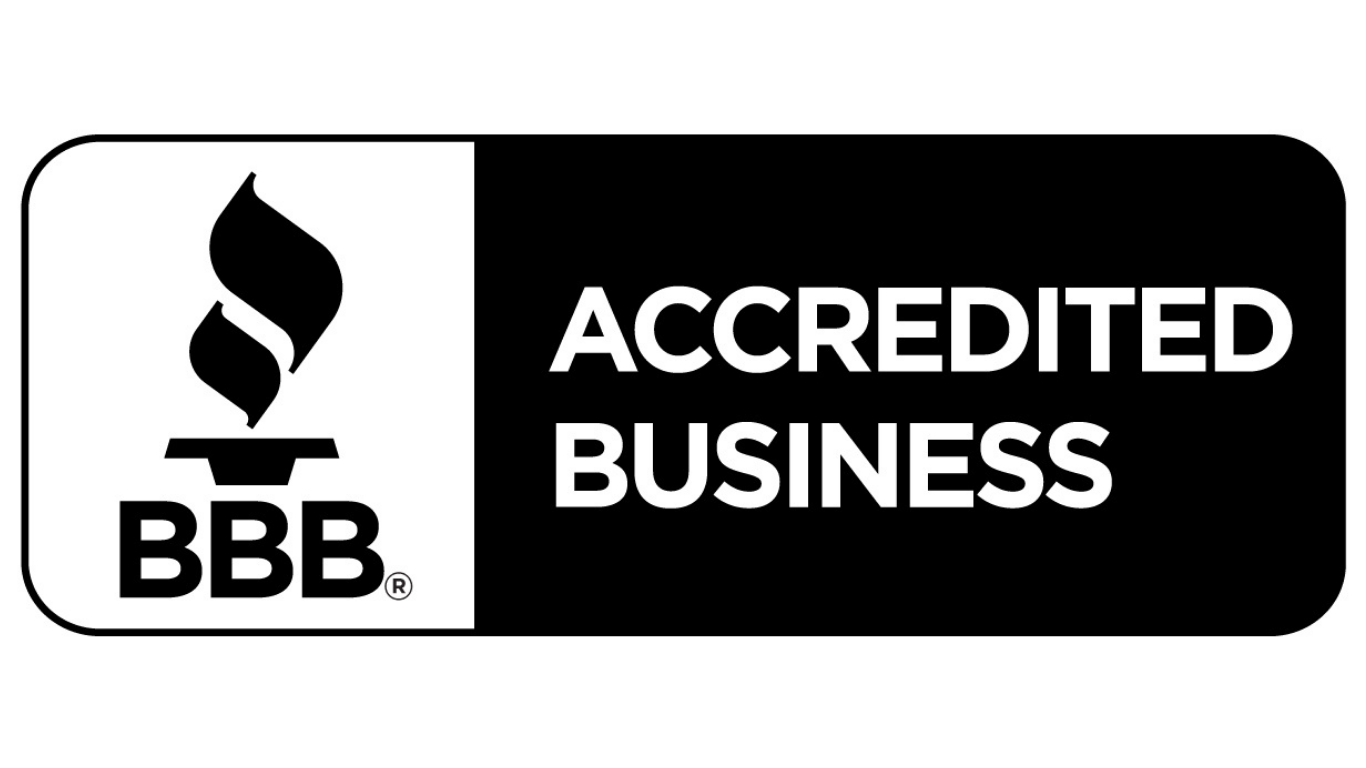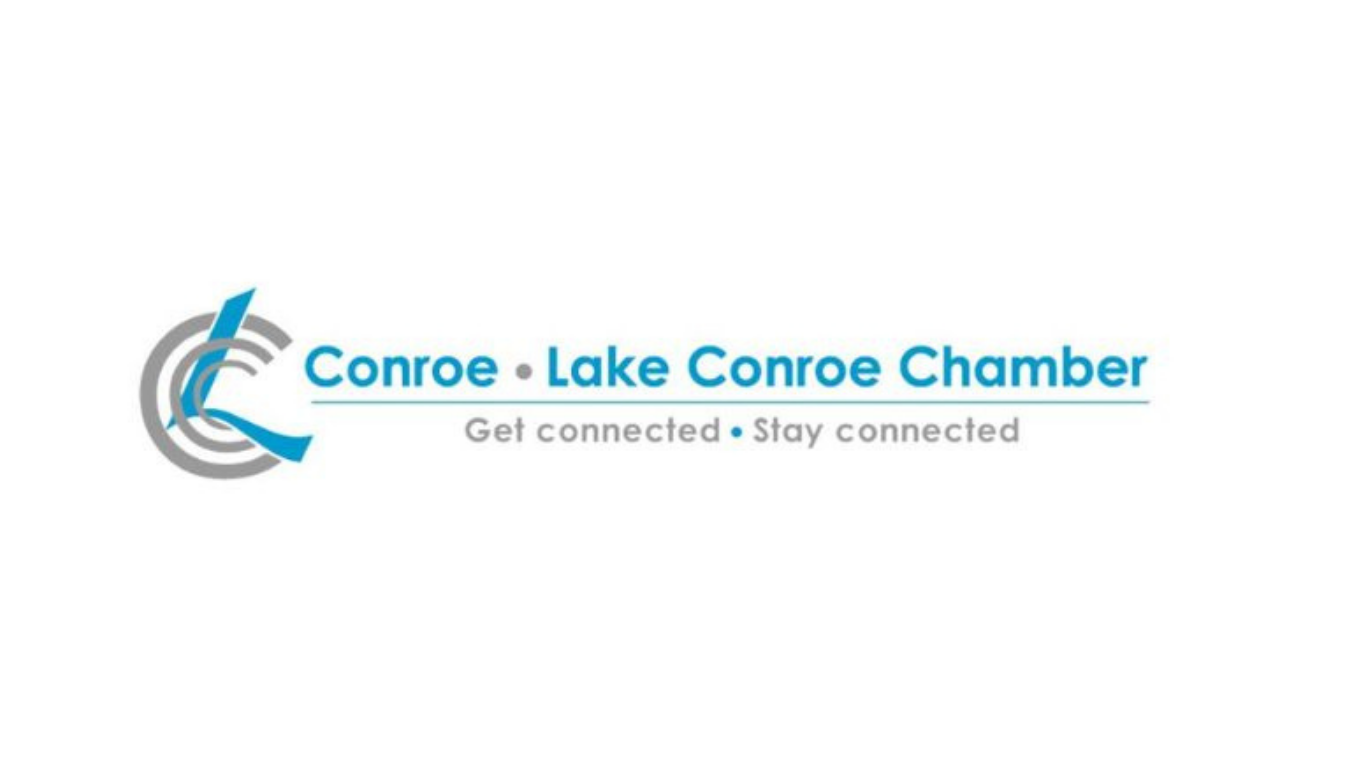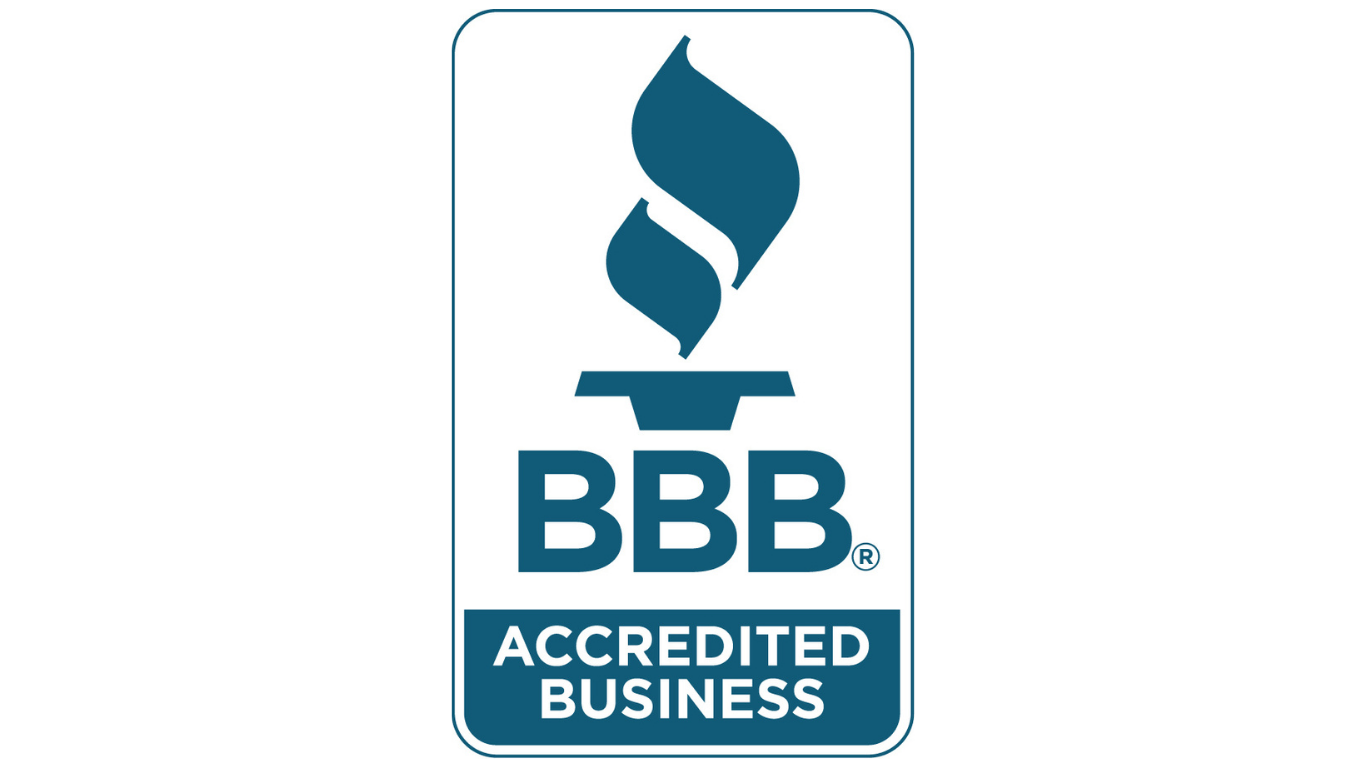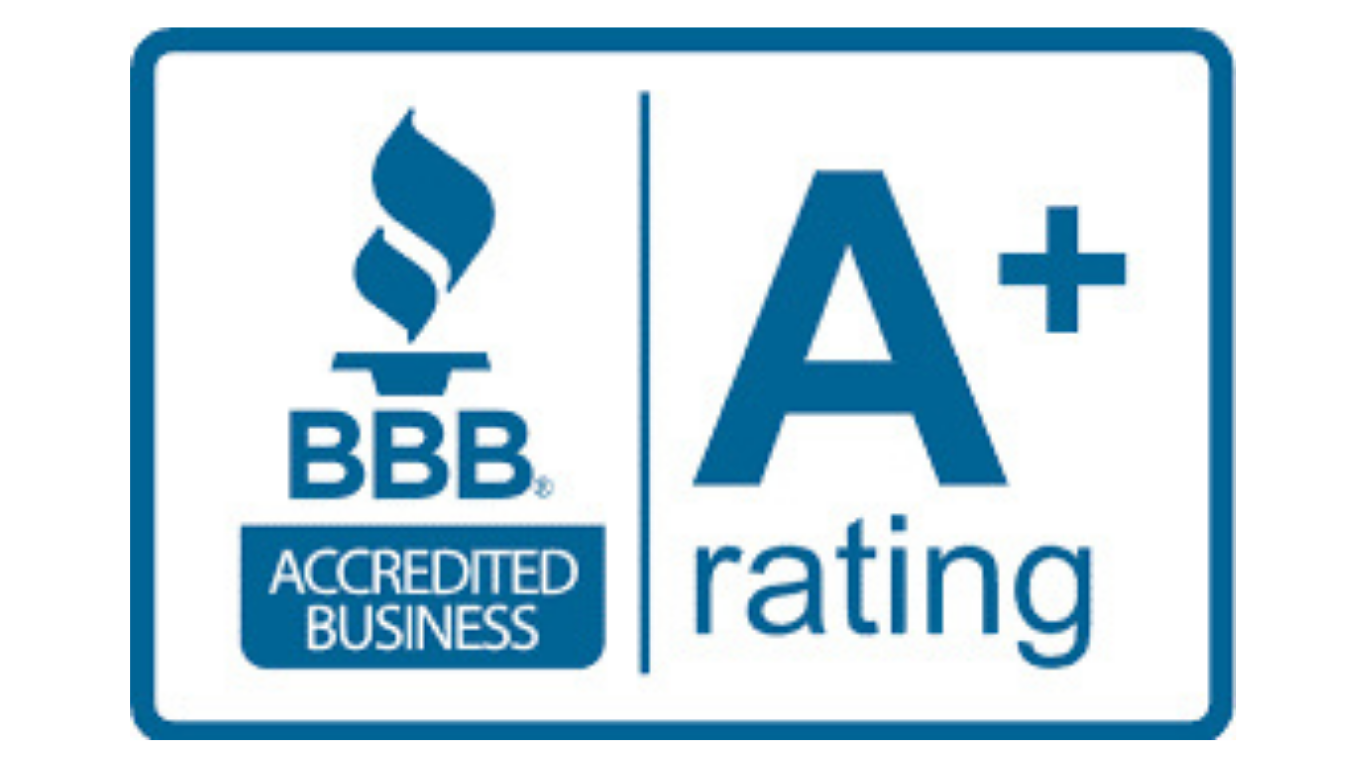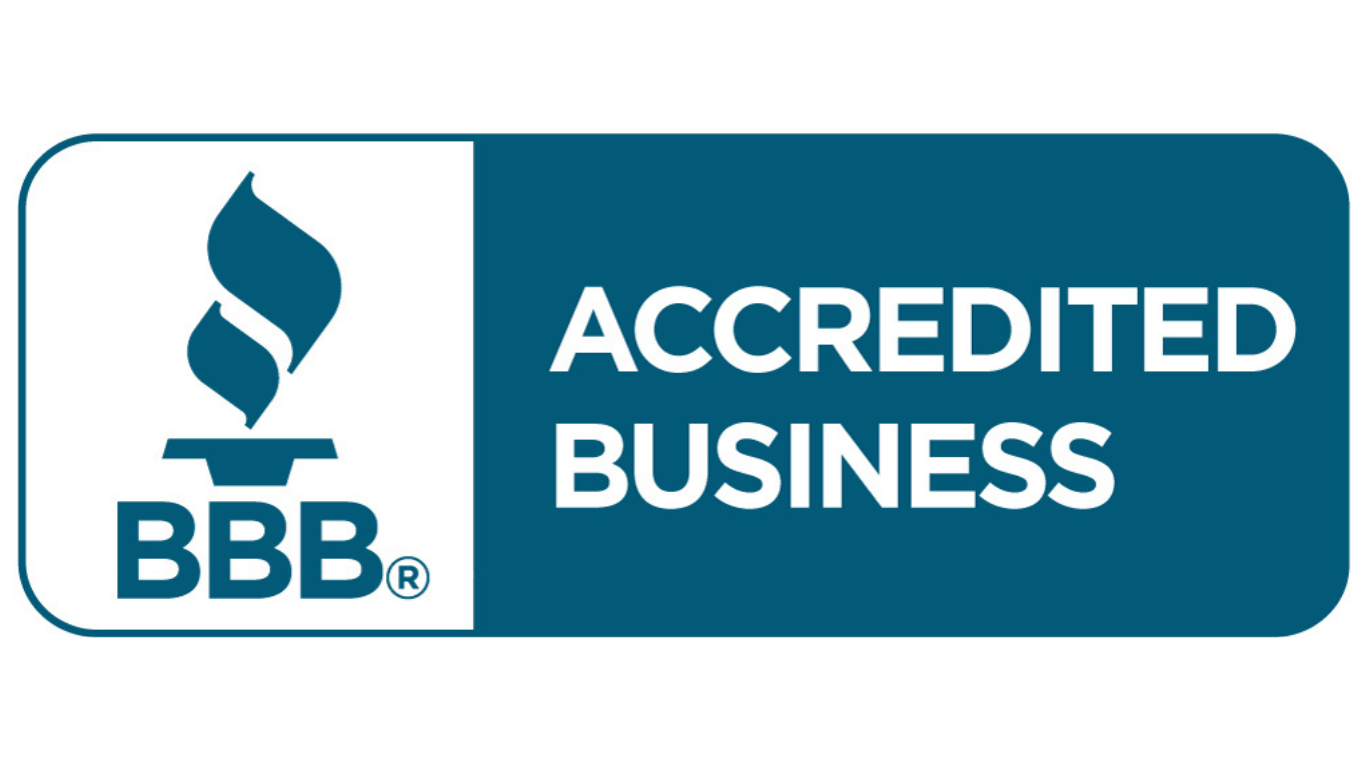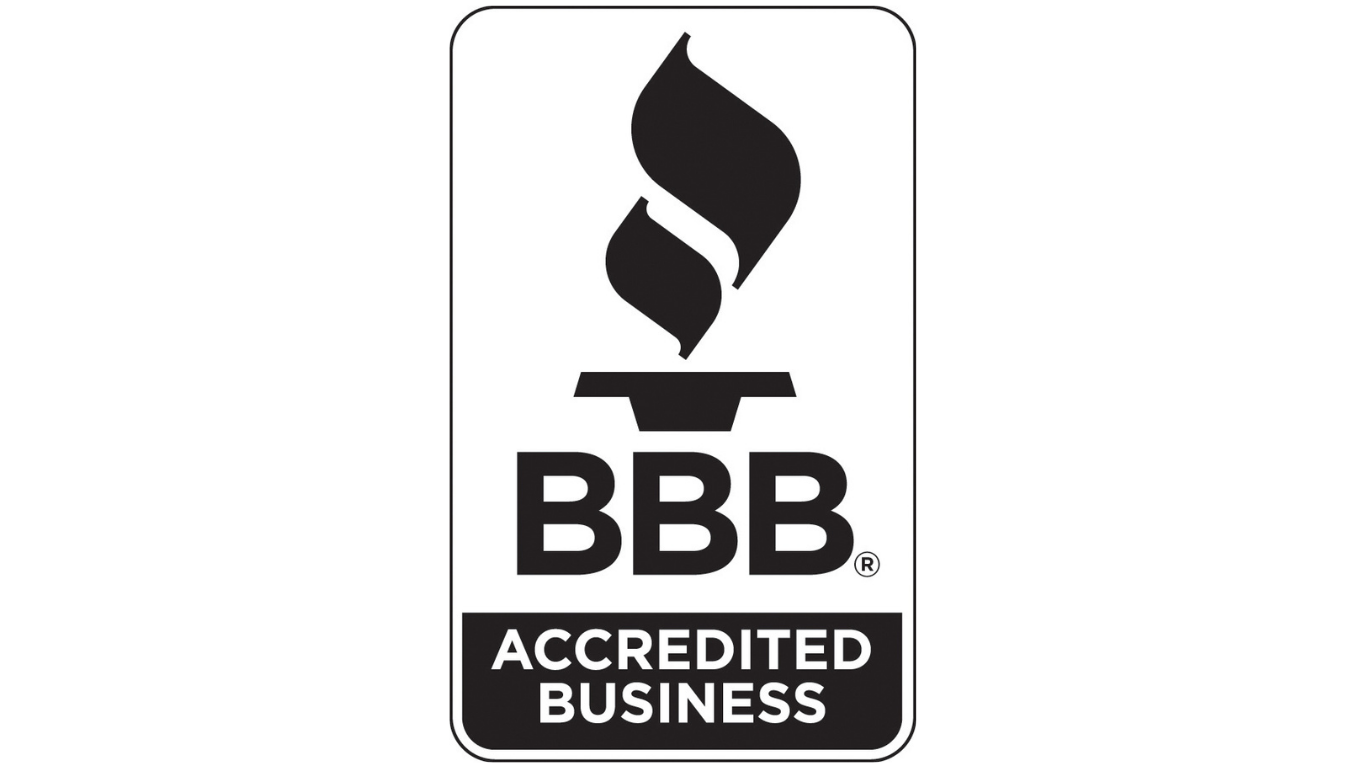Balancing 481a Inventory Adjustments with Cost Segregation
Balancing 481a Inventory Adjustments with Cost Segregation

Learn how cost segregation can balance inventory adjustments and optimize your business's financial outcomes!
The article discusses how businesses face challenging implications of IRC Section 481a when they reshape their inventory accounting methods, leading to net adjustments to avoid distortions in taxable income. Inventory shifts may trigger unfavorable tax results, but cost segregation, a tax planning strategy, can help mitigate the impact of positive 481a adjustments. Positive adjustments occur when a new inventory method results in higher starting inventory compared to the previous year, while negative adjustments lower taxable income and are more common with uniform capitalization inclusions or prior errors being rectified. The Tax Cuts and Jobs Act (TCJA) has made inventory management more flexible for some businesses by increasing the limit for immediate expensing from $5 million to $25 million, allowing them to bypass inventory rules. The article emphasizes the relationship between inventory and real estate, particularly when held by separate entities, as inventory adjustments can influence a company's tax liability. Cost segregation is a useful strategy to balance positive 481a adjustments by accelerating depreciation deductions, which can offset the increase in taxable income resulting from inventory adjustments. Additionally, businesses can align other strategic moves with 481a adjustments, such as modifying estimated tax payments, managing tax credits, pushing expenditures into adjustment years, taking negative adjustment reductions early on, and performing multi-year projections for optimizing the net effects of 481a changes and tax savings. The article suggests that navigating the complexities of 481a inventory adjustments and cost segregation can be overwhelming and recommends seeking the assistance of tax experts to simplify the process and optimize financial outcomes. For more information click the link!
https://engineeredtaxservices.com/balancing-481a-inventory-adjustments-with-cost-segregation/

